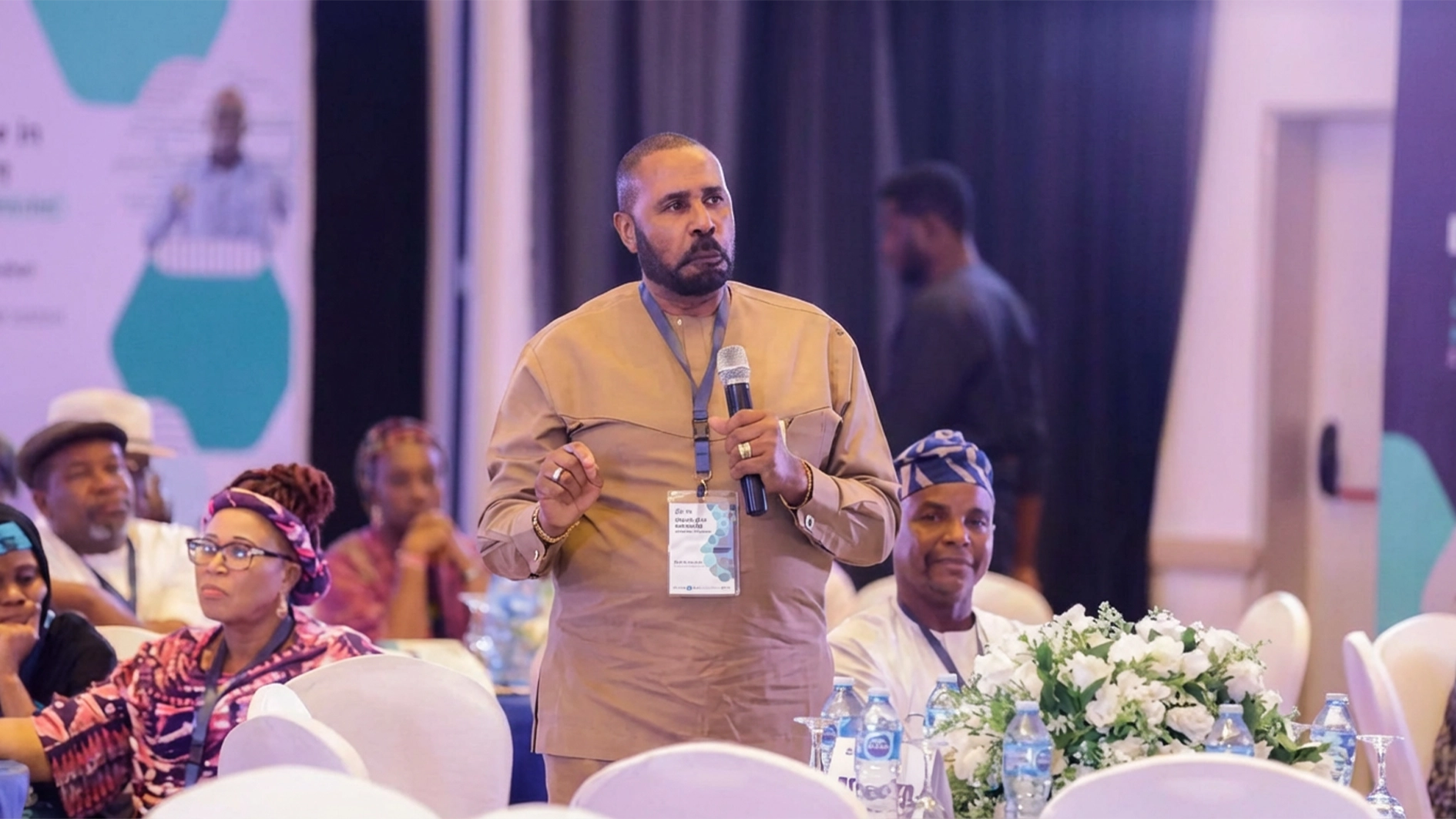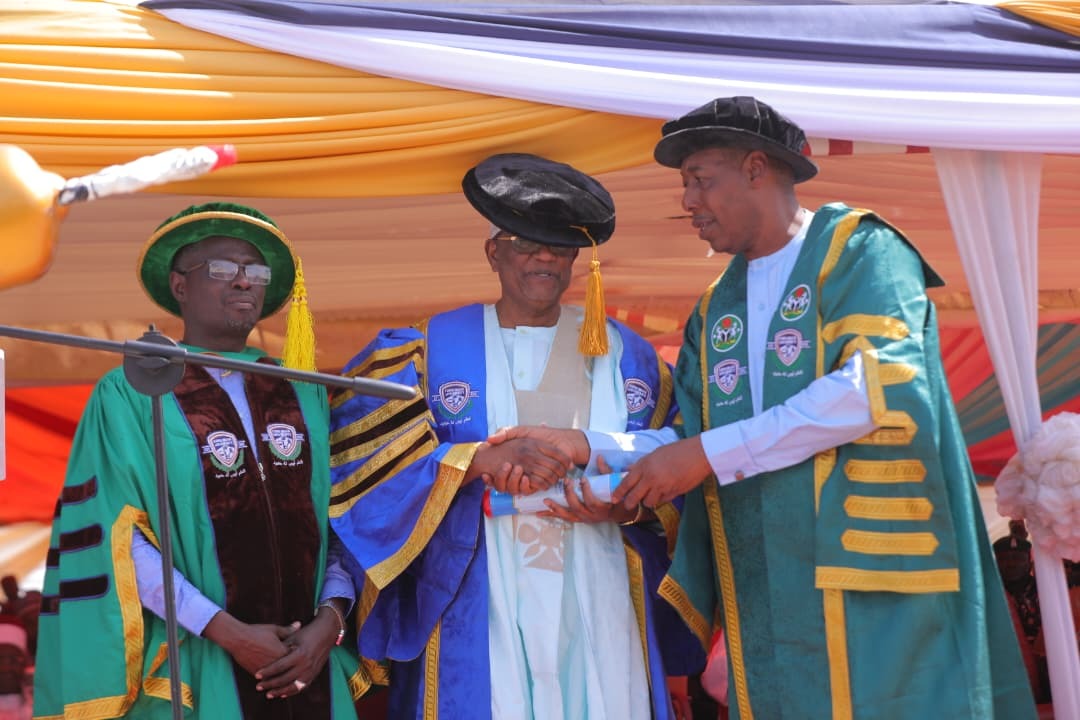
To facilitate access to high-quality digital learning platforms, reduce the learning poverty gap, and decrease the number of out-of-school children in Nigeria, the federal government has introduced a centralized e-learning platform for Nigerian learners and teachers.
The platform was developed by the Federal Ministry of Education’s ICT department with technical support from the UK FCDO-funded Partnership for Learning for All in Nigeria (PLANE) program.
According to the developers, the centralized e-learning platform will positively impact teaching and learning nationally by providing a platform through which learners and teachers can access high-quality, curriculum-aligned educational resources.
They noted that the e-learning platform is designed to break barriers in teaching and learning, explaining that it connects learners to a comprehensive database of interactive exercises, videos, and texts that will help them explore and enrich their experiences with digital tools.
The developers maintained that the platform seeks to complement training and provide access to learning-based content for teachers.
READ ALSO: Niger launches enrollment for out-of-school children
Speaking on Wednesday in Abuja at a stakeholder workshop themed “Digital Learning Platforms, Accessibility and Inclusion,” organized by the Education Ministry and PLANE, Minister of Education Prof. Tahir Mamman urged teachers, students, and parents to access and take advantage of available e-learning resources to improve the standard of education in the country.
Mamman, who explained how the government partnered with PLANE to develop a reference repository of e-learning resources to house all available e-learning resources in the country, also implored all stakeholders to partner with the government to achieve more access to quality education for learners at all levels.
In his goodwill remarks, Senior Education Adviser at the British High Commission, Ian Attfield, stated that technology, such as digital education platforms, is transforming learning for students and professional development for teachers.
He urged stakeholders to factor in inclusion and accessibility, for instance, how learners and teachers in rural communities without access to modern technology can also benefit from learning resources.
This, he noted, is important to avoid creating a digital divide, which disproportionately affects women and girls.






